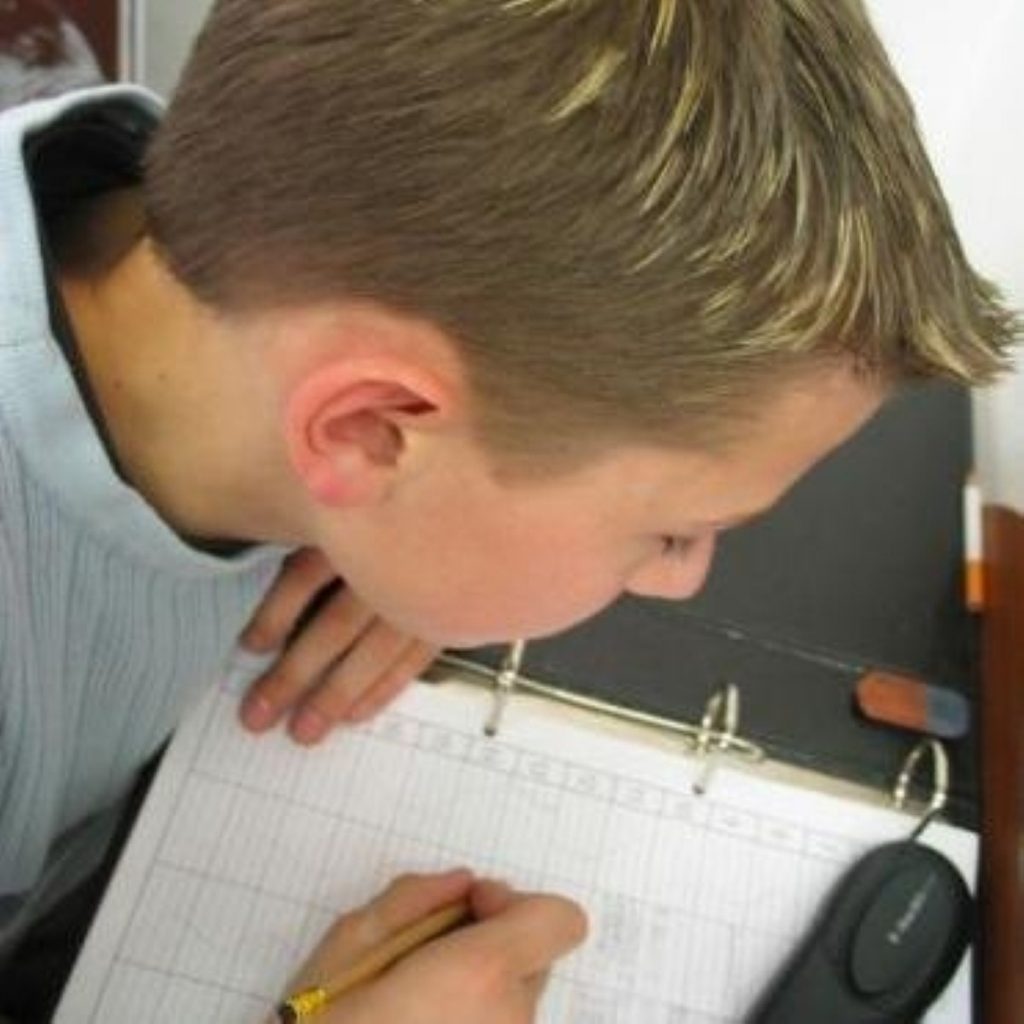Poorer pupils to be offered ‘level playing field’
Pupils from disadvantaged backgrounds could receive lower grade offers from universities than their more privileged peers, according to a report in ‘The Observer’ this Sunday, which has leaked proposals that are due out from the DfES on Tuesday.
The Government’s adviser on higher education admissions, Professor Steven Schwartz , is expected to announce that pupils attending schools in deprived areas should be given extra help with university access to make up for poorer teaching and low expectations.
Other measures could include using professional admissions consultants to assess pupils’ potential, and using US-style aptitude tests to pick out the most able pupils who are not always those who do best in A-Levels.
And in another bid to widen university access, the Government is also expected to reveal that students from poorer background will not have to pay top-up fees – potentially as high as £3,000 a year – that are due to introduced by 2006.


The president of the National Union of Students, Mandy Telford, welcomed the plans, noting that the current system does not provide “a level playing field”.
“We want to see universities looking at students’ potential. We don’t think there’s a one-answer-fits-all situation, and we’re not saying that lowering grades is definitely the answer, but we do think something needs to be done so that everybody has the same chance,” she said.
Ms. Telford also suggested that universities should take a pupil’s background into consideration, particularly in unusual circumstances where young people were carers for relatives or who had to hold down jobs while at school, for example.
But some independent schools have already complained about what are perceived to be biased admissions policies from top universities.
Bristol university in particular has been blacklisted by many headteachers in the private sector because it is perceived to discriminate against pupils from independent schools.
But the institution has defended its policy of giving added weighting to applicants from the state sector because there is evidence to suggest that pupils from less privileged backgrounds who achieve straight As are more likely to perform well in higher education than their private sector counterparts.












